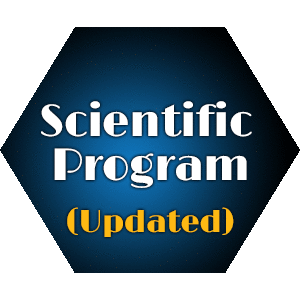
Zhihong Ni
West China Hospital/West China School of Nursing, China
Title: Effectiveness of diversified multi-stage assessment model of nursing undergraduates based on cognitive learning theory
Biography
Biography: Zhihong Ni
Abstract
Background: The golden standard of student achievement evaluation is assessment. Based on the cognitive learning theory, this study started from the three stages of knowledge acquisition-transformation-evaluation, explore the effectiveness of the diversified multistage evaluation model.
Methods: A convenience sampling method was used to extract 504 undergraduate nursing students from grade 2010 to 2013 in a university in Northwest China, and divided into experimental group and control group. Diversified assessment ran through the whole teaching process, and teachers accepted unified training.
Results: In the experiment group, all of usual-time scores, final exam scores and overall scores showed normal distribution, which accorded with the formation rules of students' learning outcomes. The students in the experimental group were higher than the control group in the final exam scores and overall scores, and their usual-time scores were lower than the control group, and the difference were statistically significant (P<0.01). The results of single factor repeated measurement ANOVA showed that the total evaluation scores and the 4 dimensions of the scores of 11 items of learning effects at each stages all had statistically significant differences (P<0.01), and the second stage overall score increased by 3.733(2.731, 4.735) compared with the first stage, the third stage overall score increased by 6.653(5.709,7.598) compared with the first stage.
Conclusion: The diversified multi-stage assessment model of nursing undergraduate based on cognitive learning theory had effectively improved the teaching quality and effect, stimulated and promoted the students' ability to acquire knowledge actively, transform knowledge and evaluate theirself learning effects.

